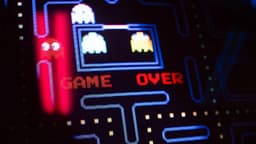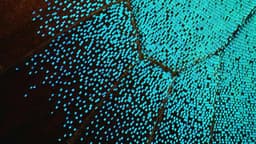Do Androids Dream of Electric Sheep?
What if androids lived among us, challenging the boundaries of reality? This idea drives Do Androids Dream of Electric Sheep?, a notable science fiction novel by Philip K. Dick.
The story unfolds in a post-apocalyptic San Francisco where the line between human and artificial life becomes blurry. The narrative raises a fascinating question: Do these androids possess the same hopes and dreams as their creators?
We follow Rick Deckard, a bounty hunter with the duty of "retiring" rogue androids. Throughout his journey, he meets various complex characters, including Rachel Rosen. This experience tests Deckard's ethics and empathy, prompting readers to question what it means to be human.
Dick's engaging writing style immerses readers in a familiar yet unsettling world. He tackles themes of identity, morality, and the essence of life. Each page draws the reader into a universe where artificial beings seek purpose.
The novel excels in weaving social commentary with its plot. In this dystopian setting, the division between reality and simulation becomes increasingly indistinct. Dick encourages us to consider the ethical challenges of a society where artificial beings reflect our own desires and dreams.
As we explore this story, we examine our humanity. The narrative mirrors our own world, highlighting both achievements and shortcomings, especially amid technological advancements.
Do Androids Dream of Electric Sheep? offers a captivating examination of human and machine boundaries. Its rich storytelling and intricate characters make it essential reading for science fiction fans and those intrigued by the human experience.











